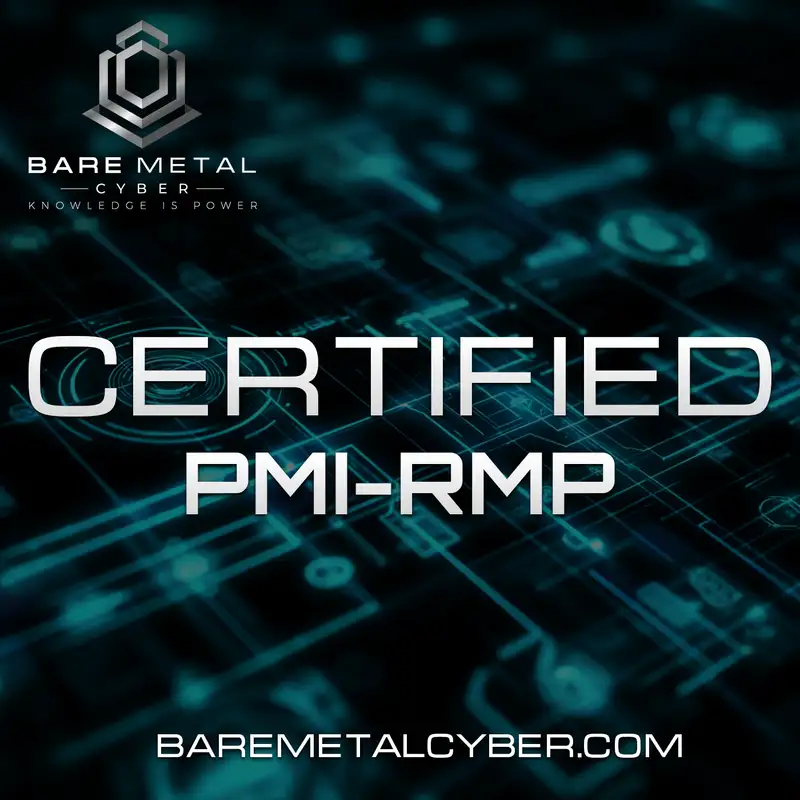Episode 72 — Procurement and Contract Risk (T&M, FP, CP)
Procurement shifts portions of risk to or from suppliers, and contract type determines how exposure is shared. This episode compares time-and-materials (T&M), fixed-price (FP), and cost-plus (CP) arrangements through a risk lens the PMI-RMP exam frequently leverages. T&M places variability on the buyer unless guardrails cap hours or rates; FP transfers performance and cost risk to the seller but may introduce quality shortcuts or change rigidity; CP reimburses allowable costs with a fee, retaining more risk with the buyer while incentivizing transparency and flexibility. You will learn how clauses—milestones, acceptance criteria, incentives, penalties, and termination rights—become triggers and indicators in your register, shaping proximity, urgency, and response choices.
We expand with application and troubleshooting. For T&M, best practices include not-to-exceed ceilings, burn-up visibility, and preapproved skills matrices. For FP, define crystal-clear deliverables, verification steps, and change procedures to avoid dispute risk. For CP, install audit-ready cost tracking, fee structures aligned to outcomes, and risk-sharing gain/pain elements where appropriate. We also cover flow-down requirements, subcontractor dependencies, and lead-time volatility. Exam scenarios reward the option that matches contract structure to uncertainty and governance maturity, then ties that choice to measurable controls rather than hoping for vendor heroics. Produced by BareMetalCyber.com, where you’ll find more cyber audio courses, books, and information to strengthen your educational path. Also, if you want to stay up to date with the latest news, visit DailyCyber.News for a newsletter you can use, and a daily podcast you can commute with.
